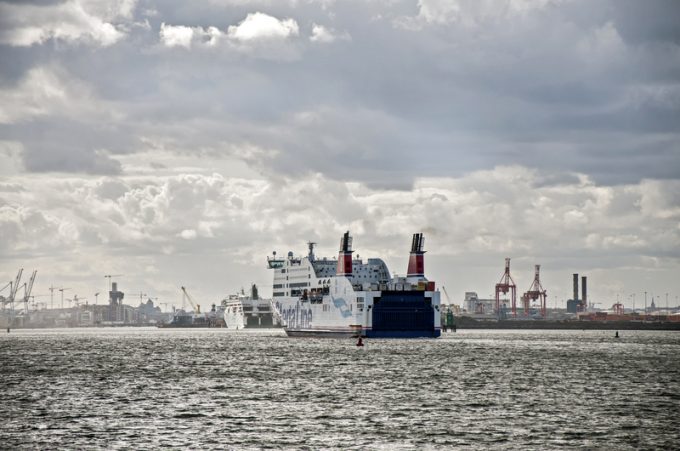LA/LB and Tanjung Pelepas celebrate as 2024 port 'winners and losers' revealed
**EDITED AT 14:00 BST 02/04/25 TO INCLUDE QUOTE FROM ANTWERP-BRUGES** Last year’s port throughput “winners and ...

Brexit has proved to be a boon for shipping lines operating direct services between the Republic of Ireland (ROI) and continental Europe.
According to new data from the Irish Maritime Development Office (IMDO), although ROI ro-ro volumes in the third quarter were virtually unchanged from the same period in 2019 (the most suitable period of comparison, given pre-Brexit stockpiling in Q3 20), the choice of route has changed dramatically.
Now, around 33% of Ireland’s traffic is being shipped on direct routes to ...
Maersk u-turn as port congestion increases across Northern Europe
Apple logistics chief Gal Dayan quits to join forwarding group
Maersk Air Cargo sees volumes fall as it aims for 'margin in favour of revenue'
Houthis tell Trump they will end attacks on Red Sea shipping
Transpac rates hold firm as capacity is diverted to Asia-Europe lanes
Airlines slash freighter capacity post-de minimis, but 'the worst is yet to come'
MSC revamps east-west network as alliance strategies on blanking vary
India-Pakistan 'tit-for-tat' cargo ban sparks sudden supply chain shocks

Comment on this article